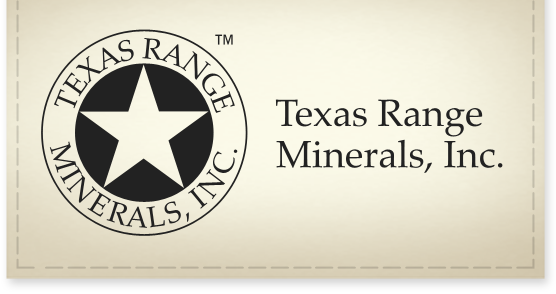Overcoming Stress in Stocker Calves
Stress in beef cattle is defined as “a nonspecific response of the body to any demand from the environment.” (Frazer et al.,1975; Selye,1976) Stress on cattle in a stocker operation comes from weaning, shipping, and processing. Stress on incoming cattle has affected nutrition, and that nutritional stress is impacting them physiologically.
Weaning, shipping, and processing stress causes:
- decreased feed intake, causing . . .
decreased number of rumen microbes, therefore . . .
volume loss from digestive tract, and dehydration.
- decreased feed intake, meaning less energy, bringing on . . .
depressed immune systems, so you see . . .
sick calves and more retreats.
Texas Range Minerals’ Stocker Receiving Mineral:
- jumpstarts feed and energy intake,
- restores electrolyte and water balance at the cellular level,
- stimulates cattle’s immune systems,
- allows maximum effectiveness of your vaccination and health program,
- so you see fewer retreats, increased weight gains, and an increased bottom line.
Texas Range Minerals’ Stocker Receiving is formulated to briskly restore conditions in the rumen to a healthy state. A stressed calf that has lost a large portion of its rumen function does not need a typical mineral package. Until its rumen returns to a healthy pre-stressed condition, it cannot efficiently function. Texas Range Minerals’ goal is to heal up the rumen by providing minerals in simplest ionic form, Vitamins A, D, and E, and a powerful concentrated yeast culture rich in energy metabolites.
Stocker Receiving Mineral Benefits
- Custom formulated for nutritional needs of stressed incoming calves
- Calves get on feed faster
- Boosts animals’ immune system – your health program works more efficiently
- Low cost per head per day
- Will not spoil in wet conditions; cattle consume wet mineral – no waste
Recommendations: When possible, at least 1 open low-profile mineral tub per 20 to 30 head of calves, scattered over the receiving pen. Rate of consumption will vary from 2 oz to 4 oz per head per day, depending on size and condition of cattle.
When possible, long-stem, non-legume roughage should be available at all times. After the first seven days, salt may be fed free choice with this mineral.

